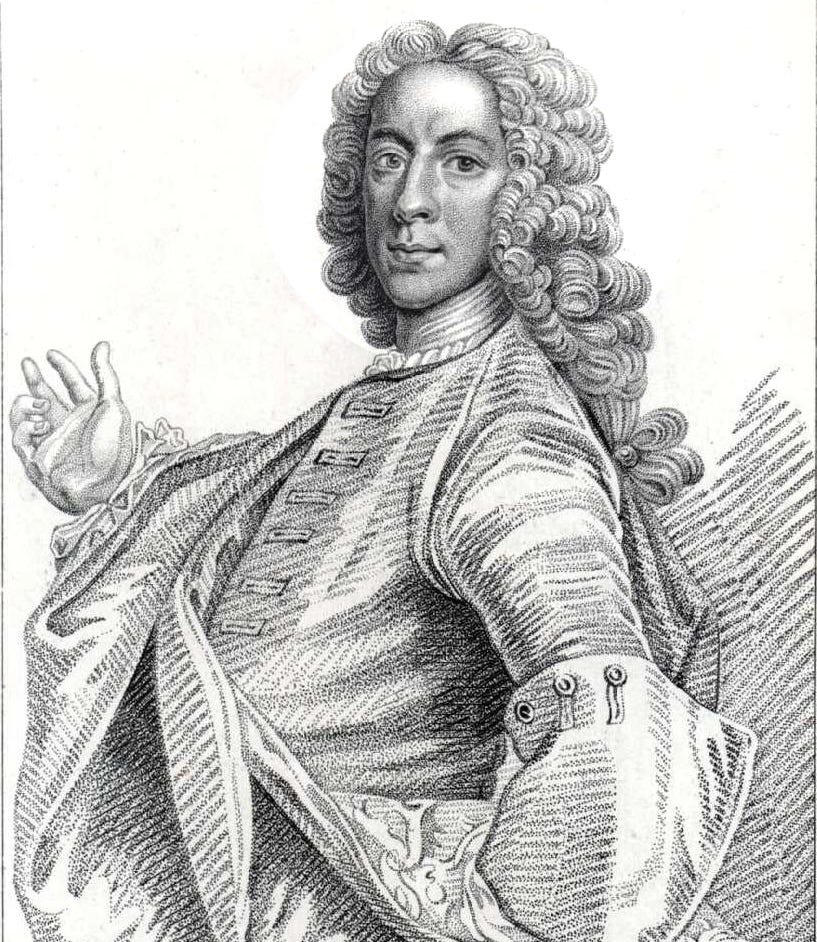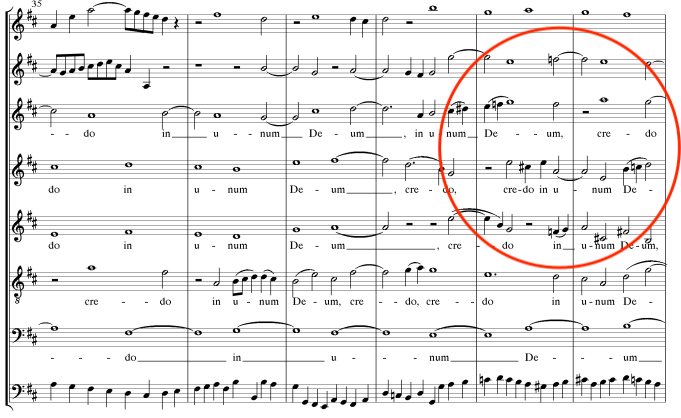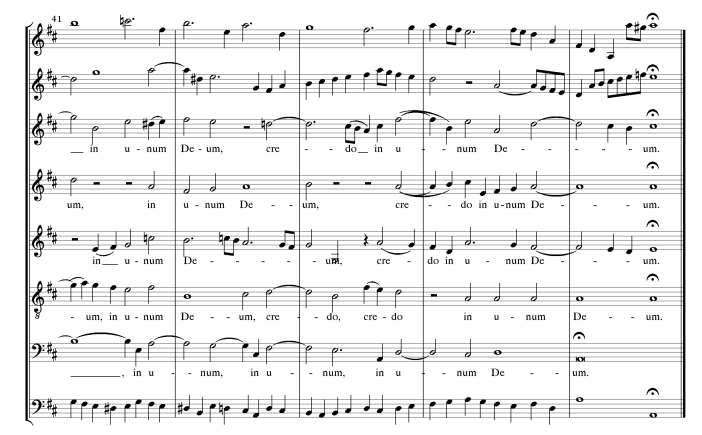September 26: Mass in B Minor (Berlin Philharmoniker; Herbert von Karajan, conductor)
Writing a masterpiece, and never hearing it.
I closed Jan Swafford’s beautiful biography of Beethoven feeling such pathos for Ludwig, who suffered lifelong physical distress and mental anguish. Severe gastrointestinal pain, likely triggered by cheap wine cut with lead, tormented him. Hapless doctors prescribed useless and sometimes toxic remedies: cold baths, laxatives, bloodletting. Awful!
It seemed that his docs were trying their best, but were hamstrung by limited knowledge. And they were expected to recommend something to their suffering patients. (The germ theory of disease was accepted decades after Beethoven’s death. Surgeons have been washing their hands thoroughly for less than 150 years.)
I have a slightly different feeling about the 18th century English oculist John Taylor, one of the great dipshits of all time. Just look at him.
Famous for his ‘expertise’ in removing cataracts, Taylor made a career of boldly operating, claiming great success regardless of outcome, and fleeing town. When Bach’s eyesight worsened in his 60’s, he turned to Taylor for surgery. Taylor’s first operation on Bach’s eyes was ineffective; the second likely led to the infection that killed him at 65.
Taylor apparently wasn’t satisfied causing the death of only one genius. A few years later, he operated on Handel, who became blind and died soon after. To close the show, Taylor moved to Switzerland and reportedly blinded hundreds of desperate people before going blind himself. To the bin with this guy!
Over twenty years, Bach composed the greatest choral work ever written — the Mass in B Minor — and completed it in near blindness. One can only imagine his state of mind as he put the finishing touches on the work, aware of his failing health, and perhaps his imminent demise.
Bach tucked the staff papers away, and, in one of the epic fails of the 18th century, the piece remained unperformed in its entirety for 100 years. (There were liturgical reasons, but still…)
All of the greatest elements of Bach’s catalog of cantatas, songs, and even the orchestral suites have exemplary representations in the majestic Mass: jaunty little dances, churning drama, profound laments, massive soundscapes, and delicate moments of intimacy with a single singer and a few strings.
Bach must have known, having revised it so often for decades, how extraordinary this work was, that it was perhaps his crowning glory. Did he realize that he would never hear it performed? Imagining Bach’s self-conception spirals quickly into projection, but I wonder what was going on in that big brain of his when he finished a monumental piece.
In his pious life filled with many joys and tragedies, I hope he felt some satisfaction.
Speaking of a person prone to self-satisfaction, I’ve chosen to feature a live recording of the Mass in B Minor (BWV 232) conducted by Herbert von Karajan, released in 1974 on Deutsche Gramophone. (YouTube, Spotify, Apple Music). This was almost thirty years after Karajan left the Nazi party, or maybe he didn’t leave so much as the party ran into some problems.
When he was living in Austria, Karajan signed up to be a Nazi party member just after Hitler’s ascent. He then re-registered in Germany after moving there for career opportunities. He became a bigwig in the arts scene of the Third Reich, unashamed to promote the superiority of German music, and unperturbed by any of the other stuff going on, it seems. (He was a great champion and interpreter of Beethoven.)
Amazingly, the guy was able to tuck his Nazi past under the rug and remained an internationally beloved conductor until his death in 1989! Cancel culture came too late.
At any rate, the bum was a great musician, and I really enjoyed this performance, which often sounds pleasantly raw — the Mass is too soul-shaking to be performed with no flaws. (The liturgical point is that we’re all flawed, though I am likely speaking out of turn.)
Some highlights, there are too many:
If this two-hour masterpiece is new to you, do listen in full to the devastating opening, which digs ever deeper over eleven minutes. Here’s a quiet clip from the middle:
These layers of stacked rhythm in the second movement of the Gloria — the strings, chorus, winds, and brass:
In the fourth movement of the Gloria, a canon from heaven:
Ultra low volume beauty in the sixth movement:
And exquisite oboe in the seventh:
In the opening of the Credo, Bach briefly sends us into a harmonic wilderness. The score excerpt at bar 35 starts about 0:05:
Good news — Peter Schreier sings the Benedictus. He was the greatest:
From the aching first Agnus Dei, the penultimate movement, very well sung by Christina Ludwig:
We’ve built up to the huge finale, here’s the last minute, wow:
Bonus Bach — A fun arrangement of the D Major Invention (BWV 774) for trumpet and tuba by the brothers Romain and Thomas Leleu. No doubt, the finest Bach trumpet / tuba duo I’ve ever heard.







Brittany does not typically listen to 'churchy stuff', but I did give the full recording a listening shortly after you made this post. Thank you for inspiring others and me to devote time to this masterpiece. How 'spiritual' this is, even if one (like me) is not particularly religious. A little like Spem in Alium, you can lie down and let these gorgeous sounds 'float' around you from each side (all 8 of them). My favorites are the Gloria V (flute on top, organ on bottom, soprano/tenor; what a delightful combo with the main theme so gently descending - beautiful). Also love that first soprano/alto duo (bonus points, Ludwig's voice). If those aren't Baroque trumpets, the sonics do a convincing job of making them sound so at the beginning of the Gloria. Love it!
Whenever I need to cultivate hope in this deeply flawed world, I turn to the Dona nobis pacem. It never fails to comfort — truly music of the spheres.